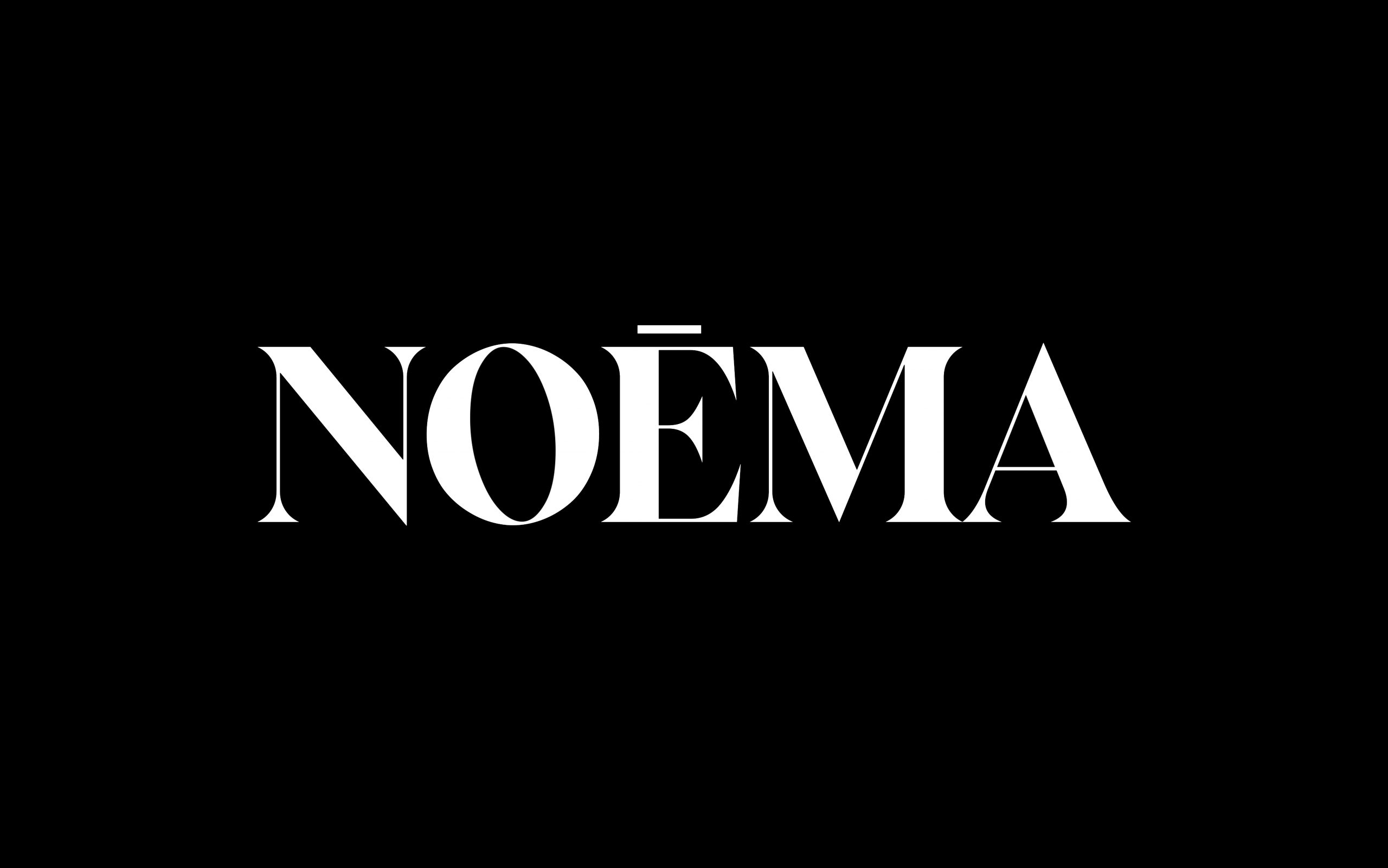Nathan Gardels is the editor-in-chief of Noema Magazine. He is also the co-founder of and a senior adviser to the Berggruen Institute.
Not unlike a wary Western public in the immediate years after 9/11 and the various terrorist assaults in Europe, many ordinary Chinese today are ready to believe the pre-emptive measures taken by the government are justified to not only ward off acts of terror, as in 2014 when a car rammed into shoppers in the administrative capital of Urumqi, setting off explosives and killing 31 people, but to preempt the kind of violent disorder in that same city in 2009 when nearly 200 people were killed in clashes between Uighurs and Han Chinese.
According to Amnesty International, there are 90,000 security officials in Xinjiang keeping an eye on the locals while numerous sources report the province has become a test ground for China’s “surveillance state” replete with ubiquitous cameras tracking residents, the latest facial recognition technology, DNA data banks and a brigade of cyber monitors.
What may be more troubling still is the apparent attempt by authorities to go a step further by seeking to erase the cultural memories that define Uighur identity, rounding up even the most moderate intellectuals who have played by Beijing’s rules for decades.
In The WorldPost this week, Bahram Sintash compares his father’s treatment today to the travails of the Cultural Revolution back in the late 1960s and 1970s. Sintash’s father, Qurban Mamut, is a prominent Uighur intellectual who was the long-time editor of the Communist Party-controlled journal “Xinjiang Civilization.” Despite such sound credentials, he was taken away a year ago to an “indoctrination camp” and has not been heard from since.
Sintash recalls how his father once told him he was from “a lucky generation” that would never again endure the kind of suffering he went through during the Maoist upheaval a half-century ago.
“I was born in 1982, just days after China’s constitution was modified in part to clarify citizens’ fundamental rights and reflect Deng Xiaoping’s determination to lay a lasting foundation for domestic stability and modernization,” Sintash writes. “As a result, I grew up during a Uighur cultural renaissance that included an outpouring of Uighur novels, history books, journals, art, music, films and TV shows. Students studied the Uighur language in school from kindergarten to college.”
But his father’s faith in the good times of a more open China was soon broken.
“In 1996, China launched the first of a series of ‘strike hard’ campaigns to ostensibly fight ‘splittism and illegal religious activities,’” Sintash recounts. “Heavy police presence became a constant in Xinjiang, where most Uighurs live. After the 9/11 attacks, the term ‘terrorism’ was increasingly used to justify Xinjiang’s heavy police presence. By 2017, the government had effectively banned the Uighur language from classrooms. The government’s religious restrictions are now so stringent that it has effectively outlawed the practice of Islam.”
In this climate, the custodians of Uighur culture stepped lightly. By Sintash’s account, “my father had always trodden carefully, knowing what words and sentences were off limits, as the government could deem them as hinting at Uighur independence or separatism. While editor-in-chief of Xinjiang Civilization, he sought to educate Uighurs about our history and to keep our rich culture alive for the next generation. This was a Communist Party-run publication, meaning the government signed off on everything. And yet, my father was still arrested for his connection to the journal, accused of spreading an ideology the government did not approve of.”
Now, Sintash continues, even “Uighur intellectuals who were state-hired and in their posts for as long as three to four decades,” are accused of “being ‘two-faced’ and promoting separatism. In the last couple years, the former director of the Xinjiang Education Supervision Bureau, the former president of Xinjiang University and many Uighur professors and scholars have been detained under such accusations.”
Sintash’s conclusion: “China is trying to kill our culture.” As he sees it, it is now up to the Uighur diaspora living abroad to save the foundations of Uighur identity by compiling and digitizing archives that will stand as the record of a culture being officially scrubbed from memory.
Hailing from such a wise old civilization that gave birth to the idea of “tianxia” — the “live and let live” philosophy of harmonious co-existence of “all under heaven” practiced by the Zhou Dynasty more than 2000 years ago — Chinese authorities today should know better.
By so harshly seeking to suppress cultural identity, they are only ensuring it will endure by driving it deeper into the collective memory where it will dwell — with animus — for generations. As the British philosopher Isaiah Berlin understood when speaking about the irrepressible dignity of diversity, if “a bent twig is forced down so severely, when released, it lashes back with fury.” One day, that lash back will come for the Uighurs.





